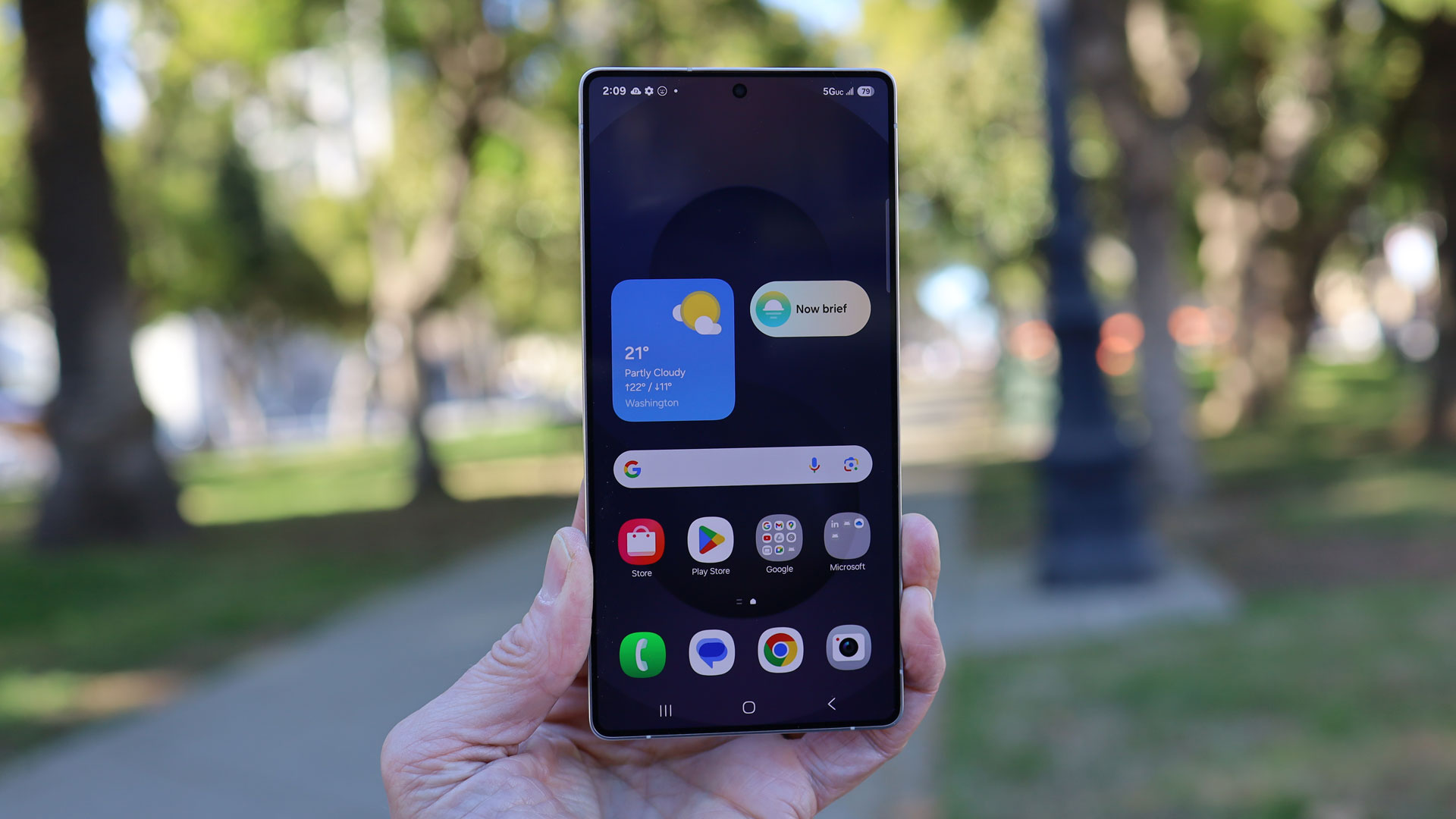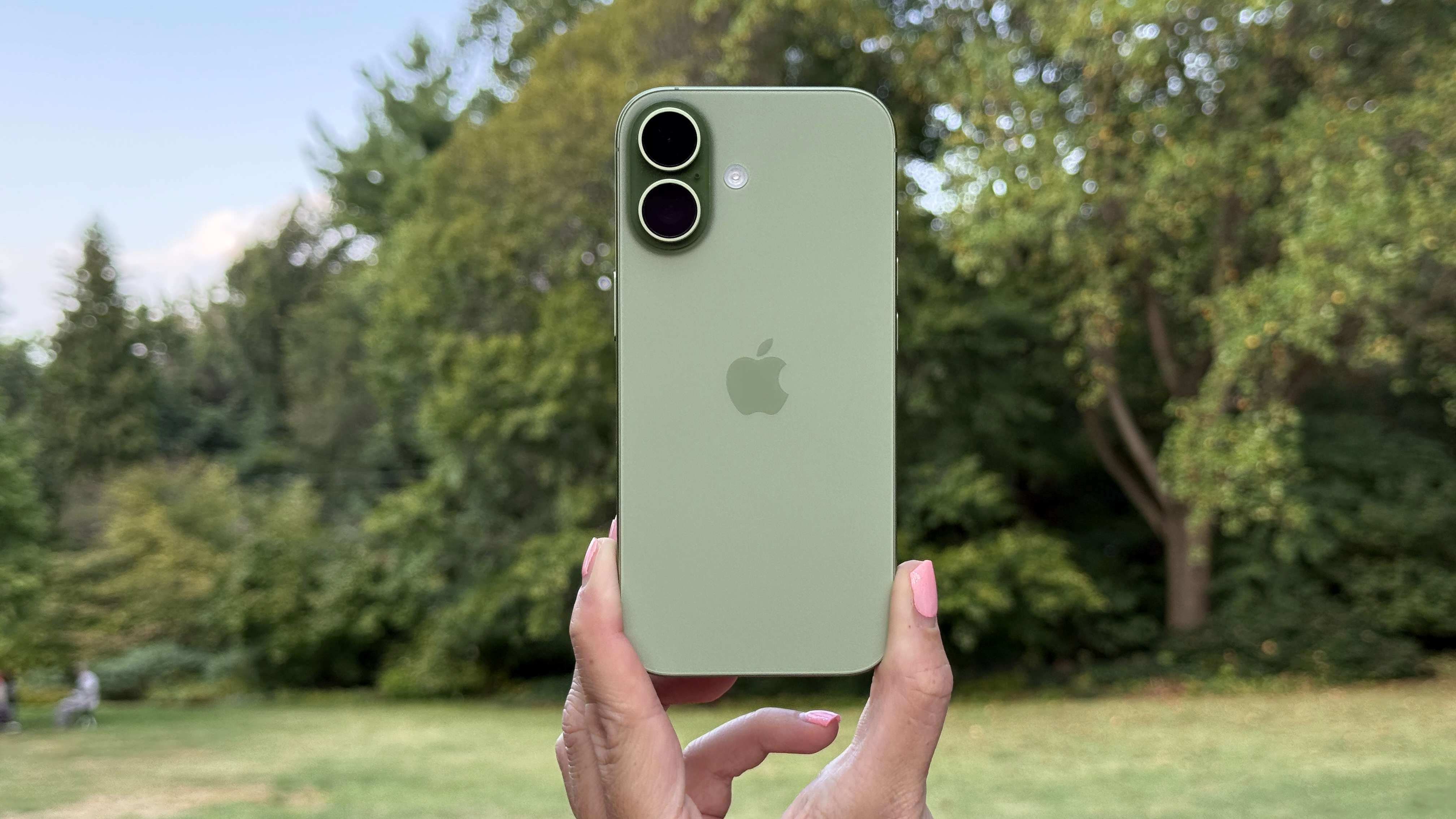This next-gen storage format could soon become a reason to upgrade your smartphone – here's why
High speed and highly efficient

Sign up for breaking news, reviews, opinion, top tech deals, and more.
You are now subscribed
Your newsletter sign-up was successful
- UFS 5.0 has been unveiled as the successor to UFS 4.x storage
- This new storage standard has almost twice as fast read and write speeds as its predecessor
- This massive speed boost could be especially beneficial for AI
Storage speeds aren’t something we talk about much in the context of smartphones – and nor are they likely a major factor in purchase decisions for most people. But that might soon change, as in the era of AI, faster storage can be very beneficial – and a very fast new storage standard has just been announced.
The Joint Electron Device Engineering Council (JEDEC) has just announced that UFS 5.0 is coming soon (via Phone Arena). This is the next version of Universal Flash Storage, and it’s set to provide a massive boost in speed.
According to this announcement, it will be capable of data transfer speeds of 10.8GB per second, which is almost double the 5.8GB per second offered by UFS 4.0. That increase could be beneficial any time your phone needs to read or write things on its storage, but it might be particularly useful for AI.
In fact, that 10.8GB per second speed has specifically been reached in order to meet the demands of AI, so with UFS 5.0, AI apps and features could perform noticeably faster – and as AI tools become more advanced and demanding, that will be all the more important.
As well as higher speeds, UFS 5.0 also promises power-efficient performance, so it shouldn’t drain your phone’s battery too much, and it will be backwards compatible with UFS 4.x hardware.
So, when buying your next phone, you might first want to check whether it includes UFS 5.0 storage or not, as that could be a major differentiator.
Uncertain availability

Sadly, right now it’s unclear when the first phones with UFS 5.0 will land, as no smartphone makers have yet announced such a handset. But based on past form, there’s a good chance Samsung will be among the first to embrace it – so perhaps we’ll see it in the Samsung Galaxy S26 series.
Sign up for breaking news, reviews, opinion, top tech deals, and more.
Apple, meanwhile, takes the typically Apple approach of not using the UFS standards at all, and instead opting for slower storage, so there’s not much hope of the iPhone 18 series adopting it.
Google might with the Pixel 11, but on the Pixel 10 series, you get different storage speeds depending on how much storage you opt for, so it’s possible that higher capacities will get UFS 5.0 while lower capacities will have earlier versions.
Hopefully, though, UFS 5.0 will be widely and rapidly adopted in the smartphone world, because it sounds like a worthwhile upgrade.
Follow TechRadar on Google News and add us as a preferred source to get our expert news, reviews, and opinion in your feeds. Make sure to click the Follow button!
And of course you can also follow TechRadar on TikTok for news, reviews, unboxings in video form, and get regular updates from us on WhatsApp too.
You might also like
James is a freelance phones, tablets and wearables writer and sub-editor at TechRadar. He has a love for everything ‘smart’, from watches to lights, and can often be found arguing with AI assistants or drowning in the latest apps. James also contributes to 3G.co.uk, 4G.co.uk and 5G.co.uk and has written for T3, Digital Camera World, Clarity Media and others, with work on the web, in print and on TV.
You must confirm your public display name before commenting
Please logout and then login again, you will then be prompted to enter your display name.